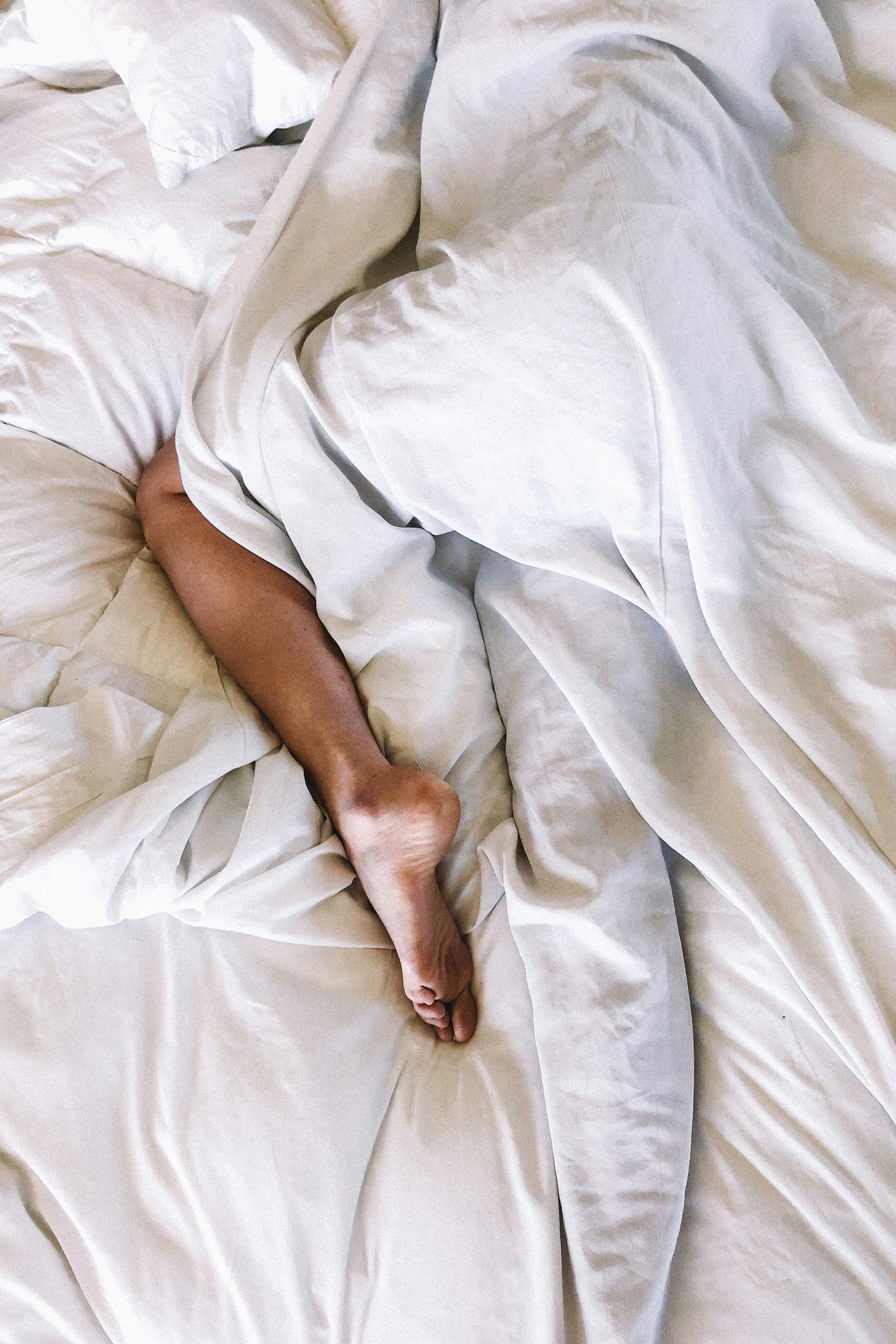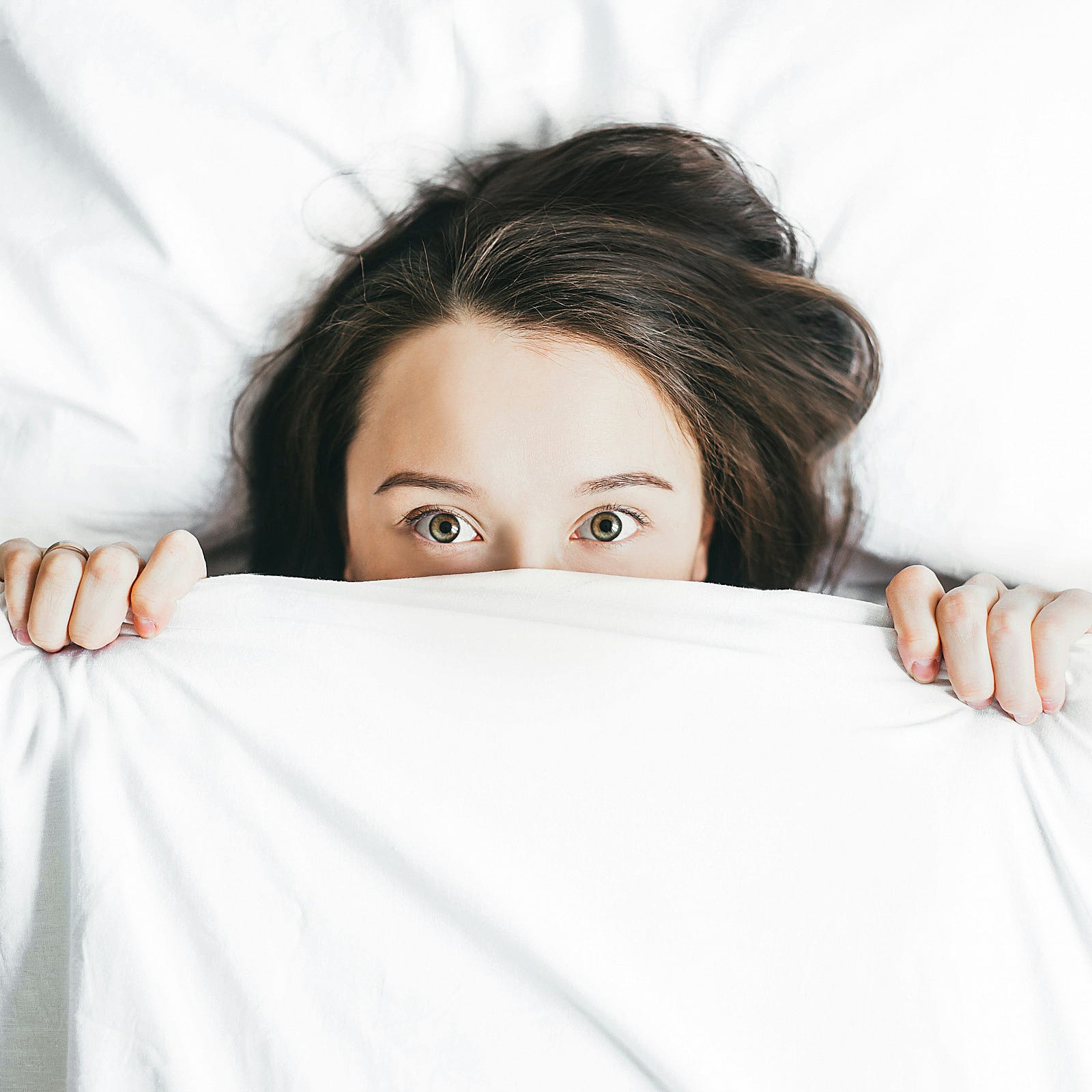DO NIGHT OWLS HAVE A COGNITIVE EDGE?
I am a morning lark.
You can find me practicing piano at 6 a.m., even on weekends.
I have studied the Japanese language for an hour by 8.
I thought I was doing well.
After all, the early bird gets the worm.
However, my confidence was shaken when I stumbled upon a study delved into the relationship between chronotypes and cognition. The findings were nothing short of shocking.
My Goals for This Essay
The study suggests that we forget the early bird getting the worm — the night owl might be snagging the brain boost.

This research challenges conventional wisdom, revealing a surprising link between our preferred time of day for activity and our cognitive performance.
Today, I explore what this means (including a word of caution in interpreting the study findings).
Sleep duration, chronotype, health and lifestyle factors affect cognition: a UK Biobank…
bmjpublichealth.bmj.com.
Chronotype and Cognition
Researchers looked at data from over 26,000 adults aged between 53 and 8 in the United Kingdom6.
They divided the participants into two groups, and each group completed a series of brainpower tests, such as problem-solving and memory challenges.
The researchers also asked participants about their sleep habits:
- how long they slept
- what time they felt most alert
- how well they slept overall
Then, they compared the test results with sleep habits and other factors like age, health conditions, and lifestyle choices.
Study Results
The study found that people who slept between 7 and 9 hours a night scored the best on these tests.
Interestingly, people who preferred being active in the evening, also known as night owls, performed better than those who liked mornings or early birds.
This finding held even when other factors that could affect researchers considered other variables.

These findings carry significant implications for our daily lives.
They suggest that aligning our sleep patterns with our natural rhythm, whether night owls or early birds, could be a key factor in maintaining our cognitive health as we age.
This practical advice empowers us to take control of our cognitive well-being.
Other Findings
Interestingly, the study didn’t find a strong link between sleeplessness or insomnia and lower test scores, even though some past research suggests otherwise.
The researchers believe this could be because insomnia is complex, with different levels of severity and other health conditions potentially playing a role.
However, they found that older age and diabetes were consistently linked to lower test scores.
Other studies have also found these factors important when considering brain health.
Not So Fast
This study has some significant limitations.
Because it was a snapshot in time (cross-sectional), it can’t definitively say that being a night owl causes better brainpower.
Other factors may be at play, even after the researchers tried to account for them.

Also, people reported their sleep habits, and we don’t always remember things perfectly. I know I don’t.
The study did not examine education level, which might affect sleep and brainpower.
Finally, the study didn’t consider depression or social isolation, phenomena linked to brain health.
These factors could also be influencing the results.
10 Practical Tips for Sleep
Here are ten practical tips to help you get more zzz’s.
- Block out light
- Minimize noise
- Get a decent mattress
- Aim for 65 to 68 degrees F
- Trey for seven to nine hours of sleep
- Avoid devices in the hour pre-sleep
- Get natural light exposure during the day
- Limit alcohol and caffeine
- Don’t smoke
- Limit the bedroom to sex and sleep
If you struggle with sleep despite these tips, I urge you to seek advice from a trusted healthcare provider. They can provide personalized guidance to help you improve your sleep quality.
My Final Thoughts
I read the study a couple of times.
The findings do not lead me to offer any real-world advice.

Except this: Don’t try to change your sleep schedule to become a night owl to boost your brainpower.
Oh, one more thing:
A good night’s sleep is undeniably important for everyone.
It may be best to embrace our natural sleep-wake patterns to maximize our cognitive potential (and, in my case, avoid grumpiness).
Get an email whenever Dr. Michael Hunter publishes.
drmichaelhunter.medium.com.
Thank you for reading “Do Night Owls Have a Cognitive Edge?”



